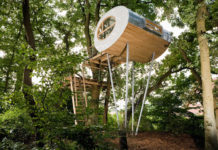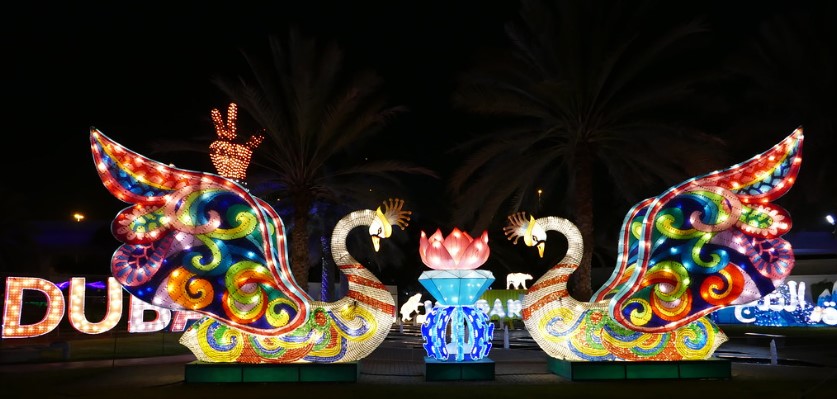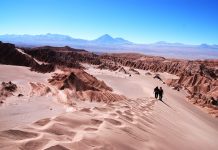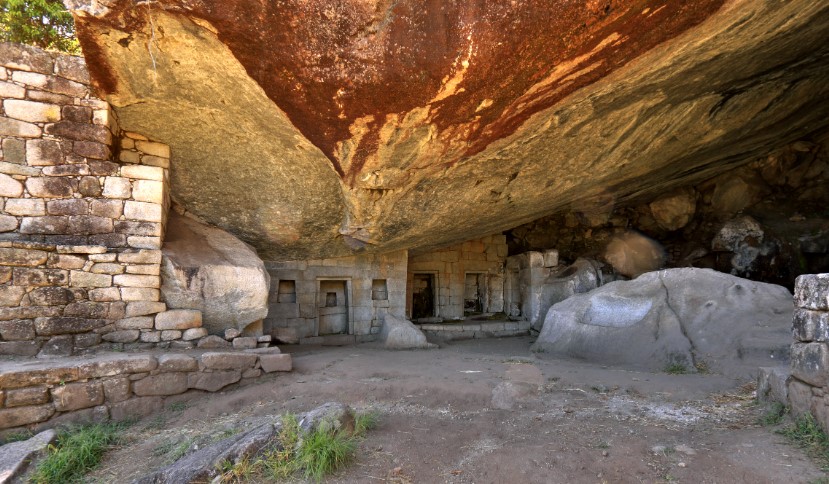Turda Gorge “Cheile Turzii” is a marvelous natural reserve on the Hășdate River situated 6 kilometers west of Turda and about 15 kilometers south-east of Cluj-Napoca, in Transylvania, Romania.
Turda Gorge is one of Romania’s lesser-known tourist attractions, but this old site is packed with fascinating attractions. There are numerous designated paths that go through the canyon, providing amazing vistas of the nearby cliffs, caverns, and river.
The canyon, formed through erosion of the mountain’s Jurassic limestone, is 2 900 m long, with walls reaching 300 m in height. The canyon has a total surface area of 324 hectares. The Hajdate valley, which is now thought to be harmlessly small, left behind remains of the enormous carnivores that formerly roamed these areas during the Jurassic Period.
Cheile Turzii has one of Romania’s richest and most picturesque karst environments. The stunning landscape of the Turda Gorge and Tureni Gorge, or go around the town center and see the many impressive sights, including the Turda History Museum. Tureni Gorge, another nature reserve near Turda Gorge, is only 12 kilometers away and strikes us with its wildness and naturalness. Tureni Gorge covers roughly 25 hectares and measures about 2 kilometers in length.
More than 1000 plant and animal species have existed here, including some that are uncommon or endangered, such as Allium obliquum, Dianthus integripetalus, Viola jobi, wild garlic, and eagles. Given that there is evidence of human occupancy in the region going back to the Neolithic era, it is also significant archaeologically.
In addition, there are 67 species of birds (woodpeckers, nightingales), butterflies (Eublema, Heterogynis, Dysauxes, Phybalopterix), fish (spined loach, chub), amphibians and reptiles (marsh bunting—Botaurus Stellaris, crested newt, common viper), and certain animals (foxes, weasels, martens, wild boars, etc.).
There are approximately 60 known caverns, the majority of which are minor in size (the longest is 120 meters). But this town is best known for the Salina Turda, which is one of the world’s greatest underground tourist attractions. Salina Turda is a salt mine dating back to the eleventh century. Salt mining was a major economic sector in the region, and the mine also acted as an air raid shelter and cheese storage.
Cheile Turzii is only a few kilometers distant from two other canyons (Cheile Turului and Cheile Borzești), as well as the Ciucaș waterfall. Cheile Turzii is a major rock climbing destination in Romania. There are forested areas, incline covered in vegetation, and more than a thousand floristic species of plants to be found. In the Turda Gorge, white carnation, motley tulip, and thymes are among the most prevalent plants.
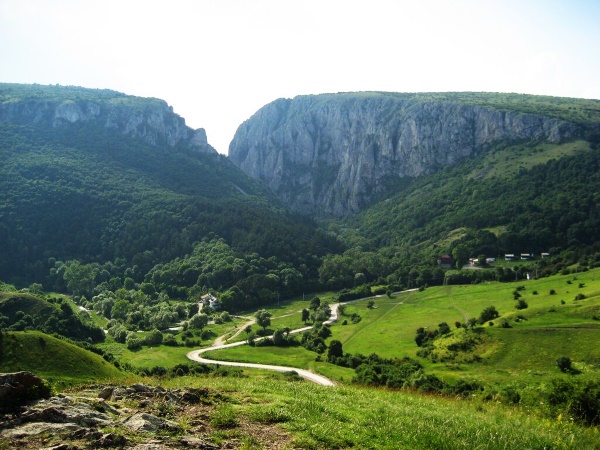
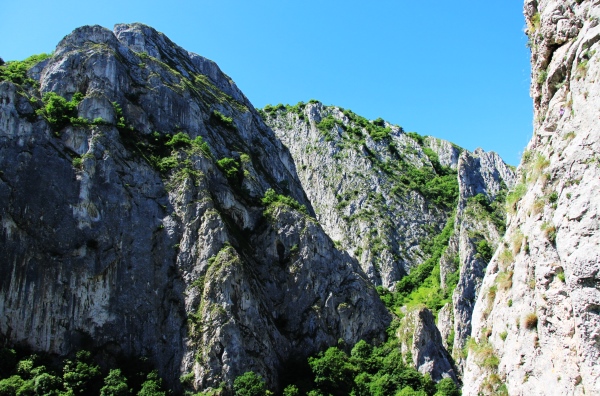
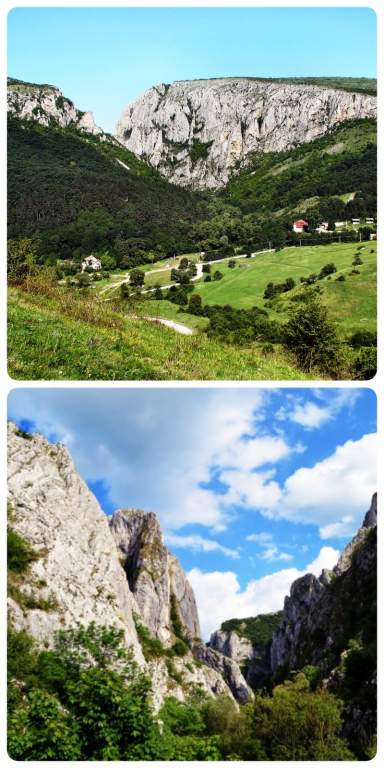
Reference 1



